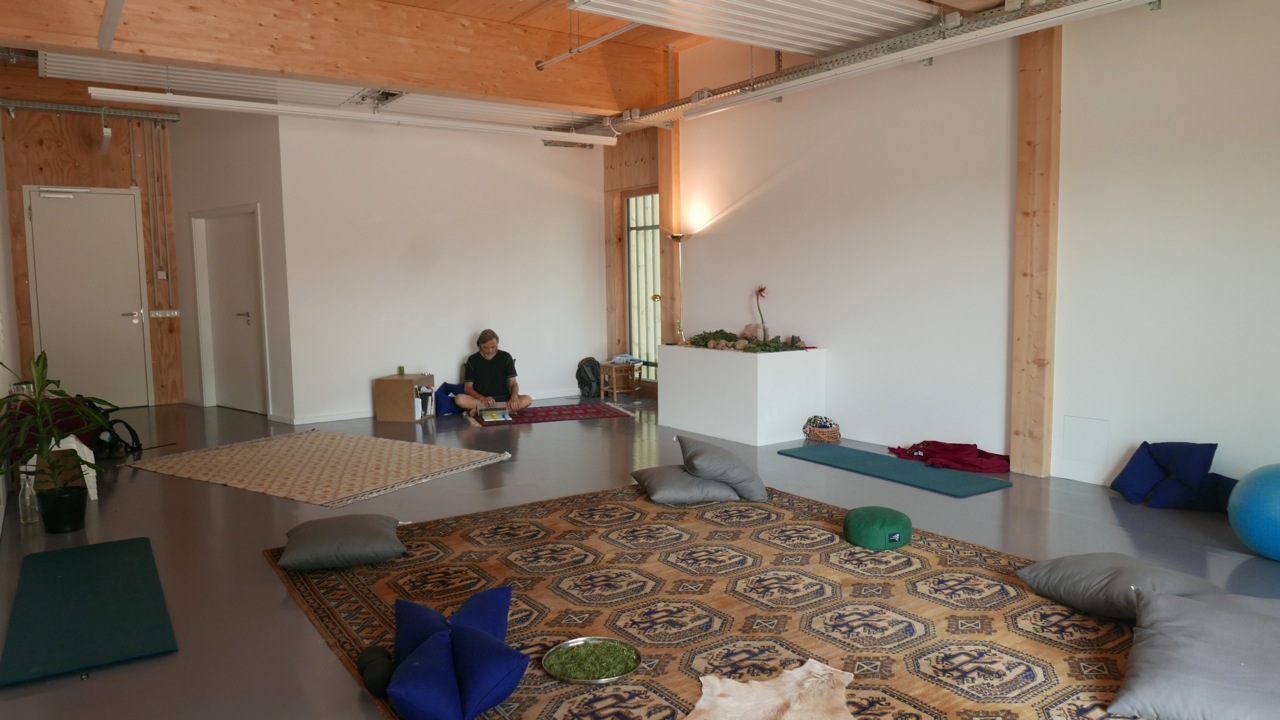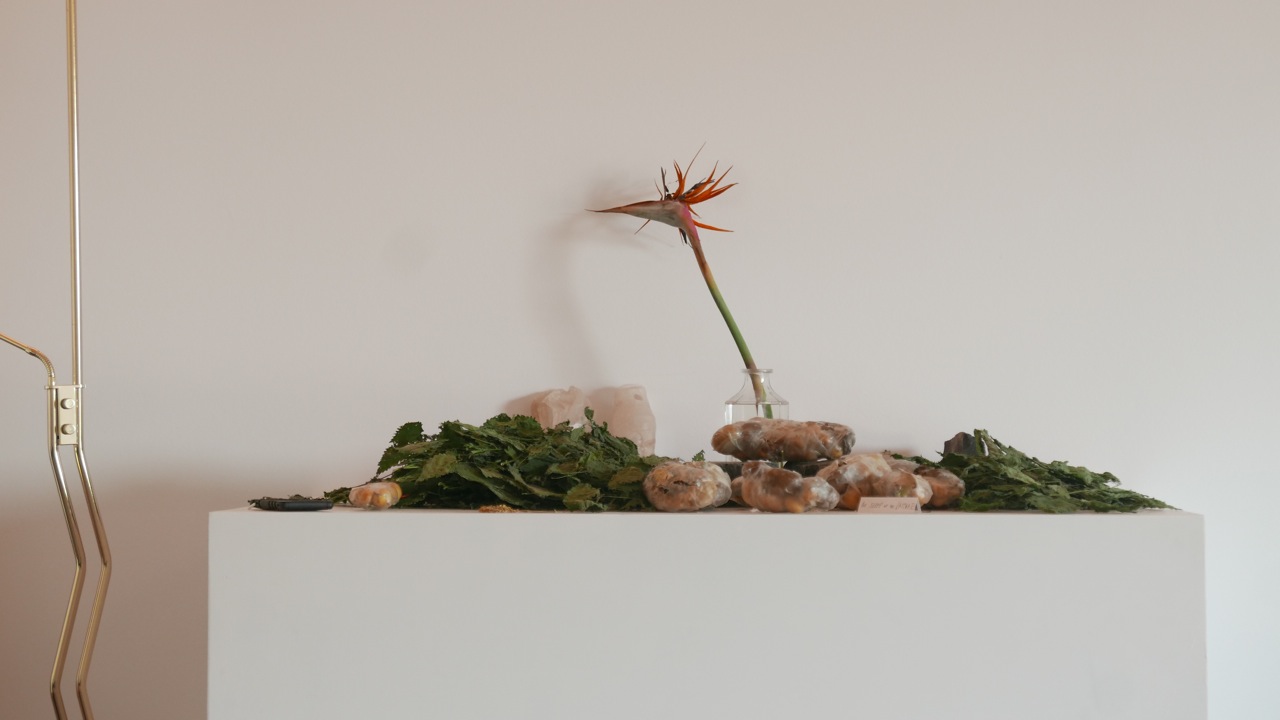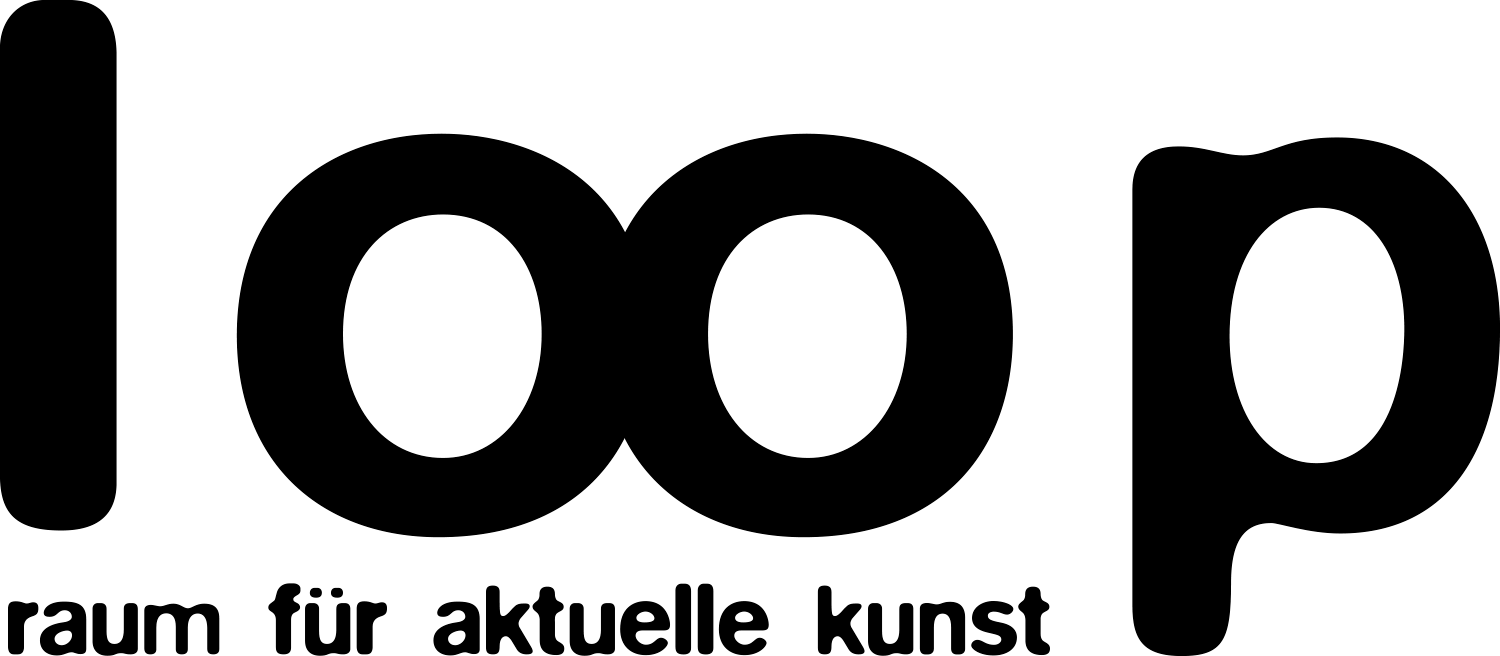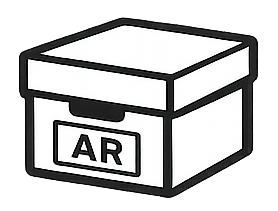May 24 - June 6, 2019
Michael Dobbie

What is an inspiring or encouraging public space for you? Is it a contradiction for space to be both safe and personal for the individual while also staying open to accommodating the needs of the many? There is a sense of inevitable, ongoing change in our lives and a need to process constant streams of information coming at us socially, politically, culturally and environmentally. Where can we be more inventive and creative in how we live together and how might an ideal urban experience touch upon this?
For the duration of two weeks we will address these questions collectively by overturning assumptions around social organisation and beginning to sense into future utopias. Keeping up with the pace of change in our various worlds is about re-discovering priorities rather than chasing more. You are invited to join in daily labs and social experiments to expand the imagination of public space and the possibilities of how we might live, learn and create together. We will sharpen our awareness of how we move in the public space, encourage social skills and by that add value for our coexistence. Public spaces are formed and modelled collectively and are thus strongly dependent on the social practices we engage in. By expanding the possibilities and perspective of our own personal life, we can start to re-think the design of our common grounds.
Through daily somatic practices we will engage in open discussions and different forms of public thinking, by sensing and creating our shared space and aim for an ideal prototype in which we feel individually comfortable yet open to the collective intelligence that forms such places. We will let go of typical communication assumptions to support unique personal language creation and ground points of being. The created space supports practices of listening more closely from the senses, from intuitions of the body, making it safe for internal and external worlds, for dream and reality, personal and public to meet. We recognise our vulnerabilities – social fears and insecurities may arise. Following desire-lines we begin to graph designs of an emerging somatic intelligence, a more authentic and embodied self. These emerging shapes will form our prototype for a different social body based on collective intelligence and social organisation.
The practice takes place at B-Part Exhibition am Gleisdreieck and will be open for everyone who would like to join. The location is accessible for disabled people. Each day will self-organize with a few suggested personal and social practices to support our futuring. Bring your ideas, your curiosity, your own creative or artistic practice, your intuitions or simply yourself as a human. All suggestions and questions are welcome.

Concluding
Public Dreams, Rituals and Prototypes was a two- and half-week residency investigating urban futures, expanding possibilities of social creativity, engagement and participation. An open, adaptable public space at B-Part Exhibition was created to host and research how personal embodiment (authentic stories) affect the ways in which we socially organise, collaborate, learn and are able to sense into the future together. An important idea was to organize and create a space of social inclusion and diversity. It was a space for creative, artistic processes but also workshops to move past the typical artistic context, to involve and engage neighbours and passers-by at a level of the simple, everyday concerns of life.
A small group of returning participants began to form a community, investing resources, skills and time in the beginnings of very different (personal) proposals and suggestions. The “open space” produced various spontaneous forms, new emerging structures were recognized and began to establish themselves, and new forms and prototypes of social interaction, rituals and insights were constantly emerging. It was a space that developed unique qualities and possibilities.
This approach and the desire for diverse participation could not be realized in its entirety within the given timeframe. Building trust, consistency and reliability in the public community takes time. It was a constant balancing act between the invitation to a clearly structured event space and the establishment of a more open, free and improvised space that would address other forms of creative imagination (without preconditions and limitations of common social assumptions) and emerging processes. Nevertheless, valuable insights could be gained from the two weeks, which can now be fruitful in the continuation of the project. The work will now be continued in one- and two-day events in and around Berlin.
Michael Dobbie
Contact via mishek@hotmail.com
B-Part Am Gleisdreieck, Berlin

